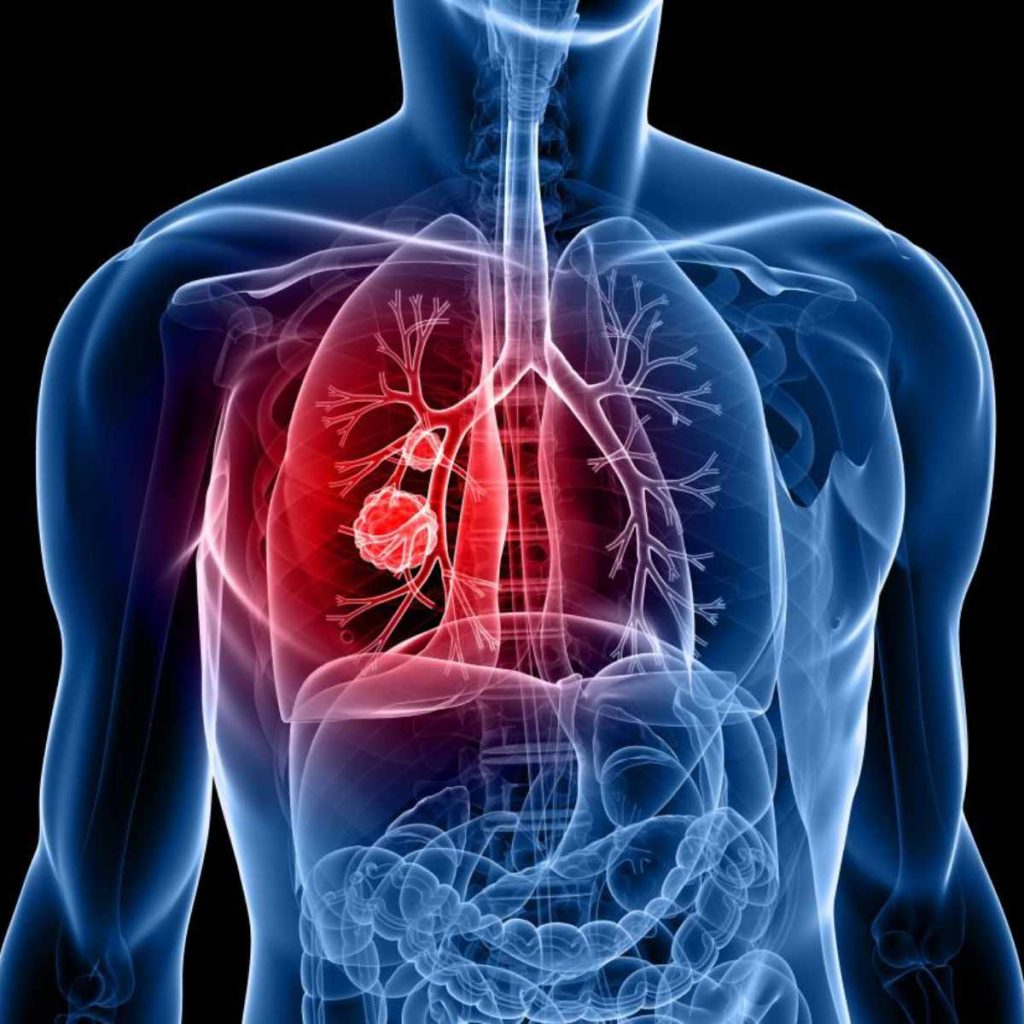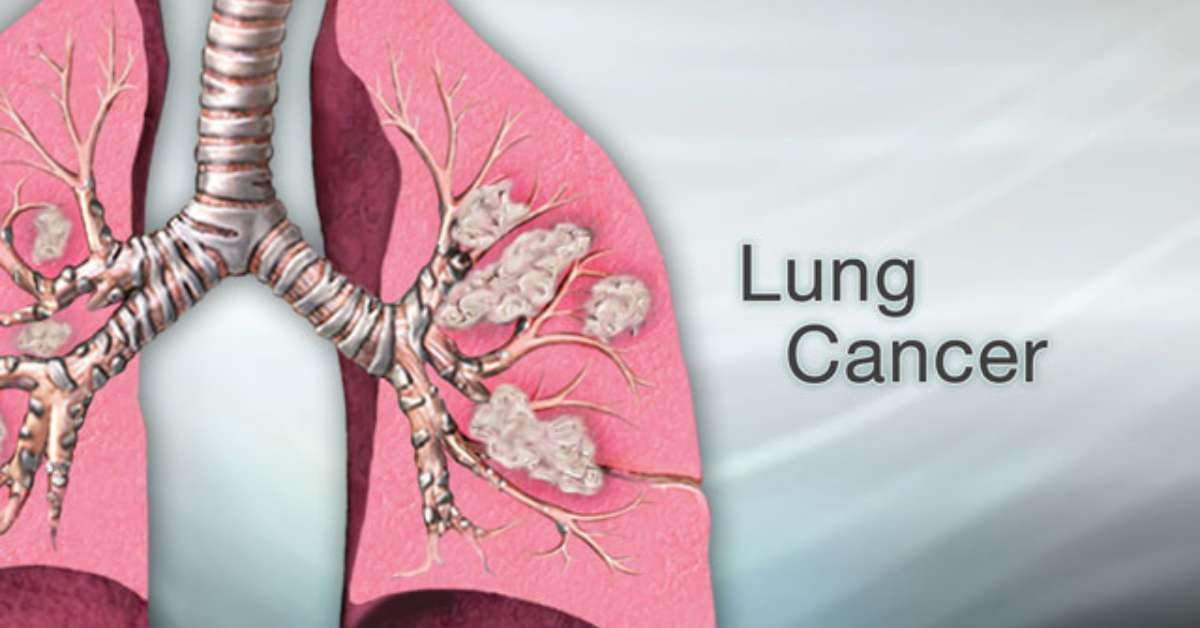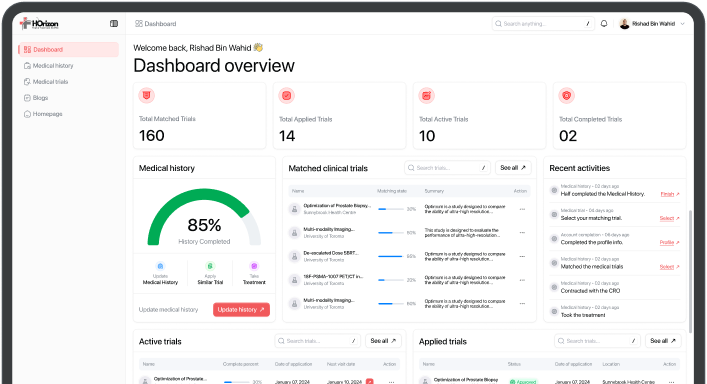Lung cancer remains one of the most common and deadly forms of cancer worldwide, but the landscape is changing rapidly. Advances in lung cancer research are not only transforming treatment approaches but also significantly improving survival rates for patients. From precision medicine to cutting-edge immunotherapy, the progress made in recent years offers hope and a glimpse into a brighter future for those affected by the disease.
In this blog, we explore the latest innovations in lung cancer research, the promising clinical trials shaping the future of treatment, and how these advancements are improving survival rates.

The Scope of Lung Cancer: A Persistent Challenge
Lung cancer accounts for nearly 11.6% of all new cancer cases globally and is the leading cause of cancer-related deaths. Its high mortality rate stems from late-stage diagnoses, aggressive tumor behavior, and limited treatment options until recent years.
Key Challenges
- Late Detection: Lung cancer often presents with vague symptoms, leading to delayed diagnosis.
- Diverse Subtypes: Non-small cell lung cancer (NSCLC) and small cell lung cancer (SCLC) behave differently, requiring tailored treatment approaches.
- Treatment Resistance: Many tumors develop resistance to standard therapies, limiting long-term effectiveness.
These challenges have propelled researchers to explore innovative ways to diagnose and treat the disease.
Innovations in Lung Cancer Treatment
1. Precision Medicine: A New Era of Targeted Therapy
One of the most significant breakthroughs in lung cancer research is the advent of precision medicine. By analyzing a patient’s genetic and molecular profile, targeted therapies are designed to attack specific mutations driving tumor growth.
- EGFR Inhibitors: Drugs like erlotinib and osimertinib target mutations in the epidermal growth factor receptor (EGFR), commonly found in NSCLC.
- ALK Inhibitors: Medications such as crizotinib and alectinib are highly effective for patients with ALK-positive lung cancer.
- KRAS Breakthroughs: Once considered “undruggable,” recent developments like sotorasib target KRAS mutations, offering new options for patients with historically limited treatment avenues.
2. Immunotherapy: Harnessing the Immune System
Immunotherapy has revolutionized lung cancer treatment by enabling the body’s immune system to recognize and destroy cancer cells.
- Checkpoint Inhibitors: Drugs like pembrolizumab (Keytruda) and nivolumab block proteins (e.g., PD-1, PD-L1) that cancer cells use to evade immune detection. These therapies are particularly effective in advanced NSCLC.
- Combination Therapies: Combining immunotherapy with chemotherapy or radiation has shown promising results in boosting overall effectiveness.
3. Advances in Radiotherapy
Modern radiotherapy techniques, such as stereotactic body radiation therapy (SBRT), deliver high doses of radiation directly to tumors while sparing healthy tissue. This approach is particularly beneficial for early-stage lung cancer or patients who cannot undergo surgery.
4. Liquid Biopsies and Early Detection
Detecting lung cancer early is critical to improving survival rates. Liquid biopsies, which analyze circulating tumor DNA (ctDNA) in the blood, offer a non-invasive way to detect lung cancer at its earliest stages. These tests also provide real-time insights into treatment response and disease progression.
Promising Clinical Trials in Lung Cancer Research
Clinical trials play a pivotal role in advancing lung cancer care, offering patients access to groundbreaking therapies. Some notable areas of focus include:
1. Personalized Vaccines
Research is underway to develop vaccines tailored to individual tumors. These vaccines train the immune system to recognize and attack specific cancer markers, providing a personalized defense against lung cancer.
- Key Trial: Trials exploring neoantigen vaccines, which use tumor-specific mutations, are showing potential in boosting immune response.
2. Next-Generation Immunotherapies
Beyond checkpoint inhibitors, new immunotherapies aim to enhance the immune system’s ability to target and destroy cancer cells. These include CAR-T cell therapy, which re-engineers a patient’s T cells to attack cancer, and bispecific antibodies that simultaneously target two cancer-specific proteins.
3. Overcoming Drug Resistance
Clinical trials are testing novel combinations of targeted therapies to overcome resistance mechanisms that reduce the effectiveness of first-line treatments.
Improving Survival Rates: A Hopeful Outlook
Thanks to these innovations, survival rates for lung cancer patients are improving:
- Non-Small Cell Lung Cancer (NSCLC):
- Five-year survival rates have increased significantly with the introduction of targeted therapies and immunotherapy.
- Patients with EGFR or ALK mutations often experience median survival exceeding five years with precision treatments.
- Small Cell Lung Cancer (SCLC):
- While SCLC remains more challenging to treat, new combination regimens are extending survival and improving quality of life.
- Early-Stage Lung Cancer:
- Advances in early detection and localized treatments, like SBRT, are enabling curative outcomes for patients diagnosed in Stage I or II.
How Horizon Trial Connects Patients to Innovative Research
Navigating the world of clinical trials can be overwhelming, especially for lung cancer patients seeking cutting-edge options. That’s where Horizon Trial comes in:
- Personalized Matching: Our AI-driven platform identifies clinical trials tailored to a patient’s specific diagnosis, genetic profile, and location.
- Comprehensive Database: We offer access to the latest trials in immunotherapy, precision medicine, and early detection technologies.
- Guidance and Support: From understanding trial protocols to managing enrollment, Horizon Trial simplifies the process, empowering patients to explore new possibilities.
The innovations emerging in lung cancer research are rewriting the story of a disease that once seemed insurmountable. With advancements in precision medicine, immunotherapy, and early detection, patients now have access to treatments that not only extend survival but also improve their quality of life.
At Horizon Trial, we’re committed to bridging the gap between patients and these transformative opportunities. By connecting individuals to clinical trials at the forefront of lung cancer research, we’re helping shape a future where survival rates continue to climb and hope becomes a reality for all.
If you or a loved one is navigating a lung cancer diagnosis, let Horizon Trial guide you toward the breakthrough treatments that could make all the difference. The future of lung cancer care starts here.

